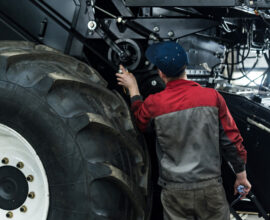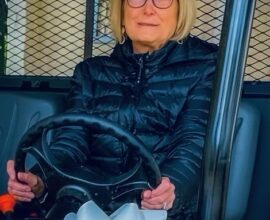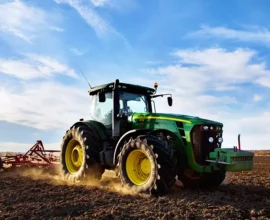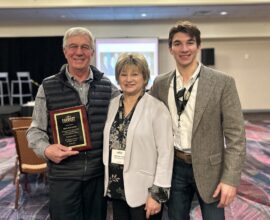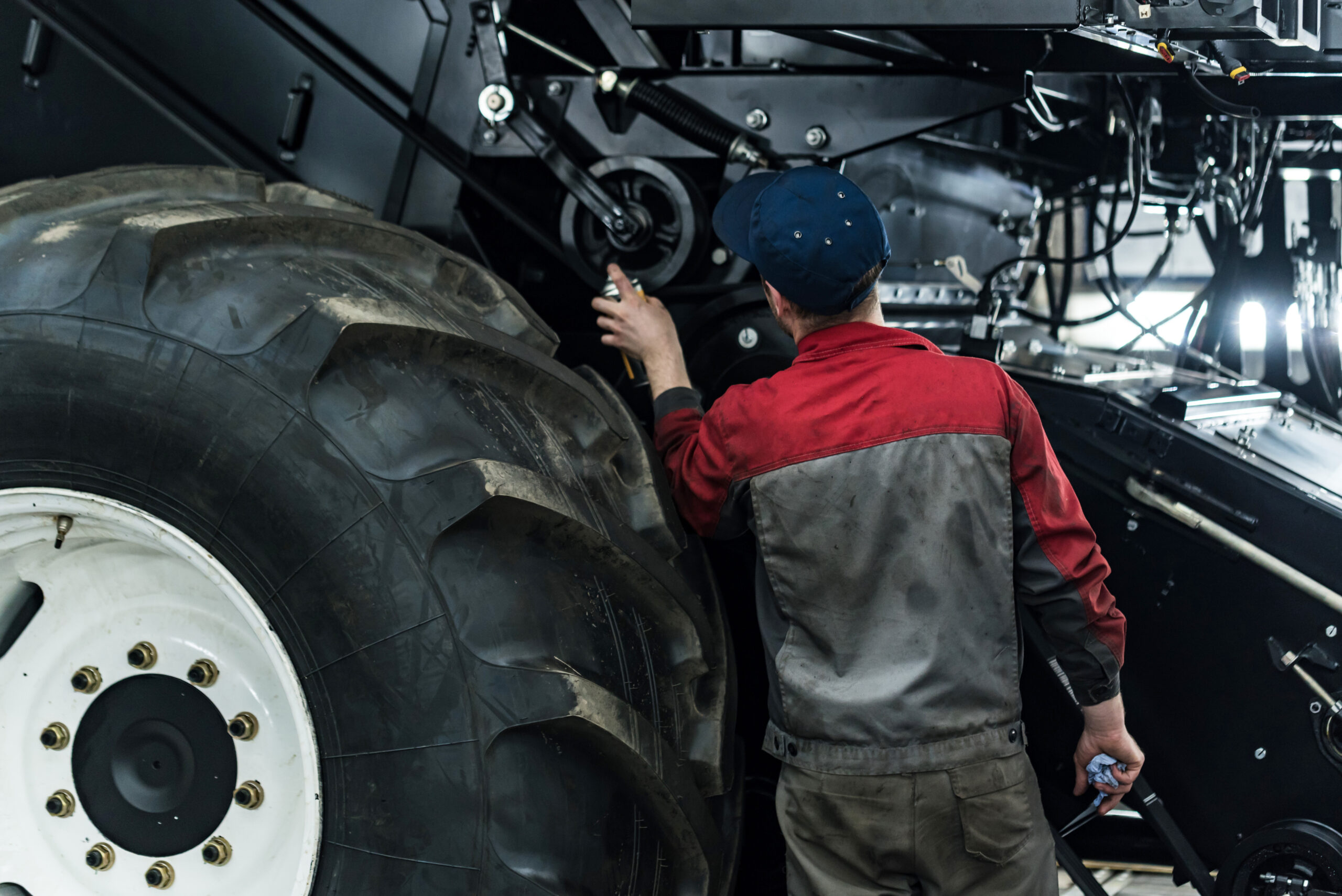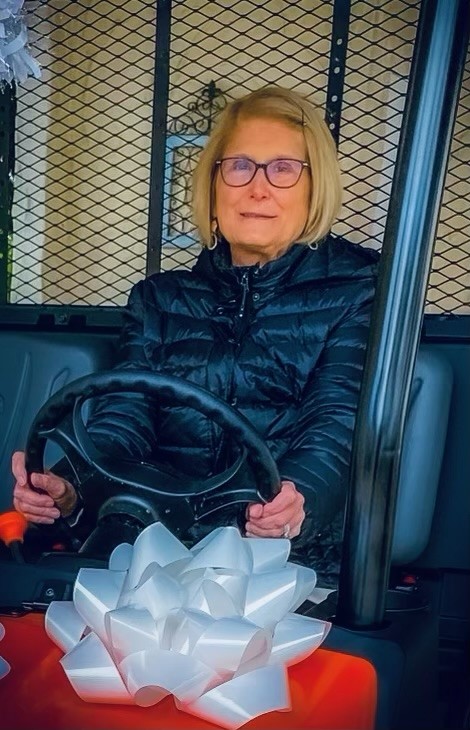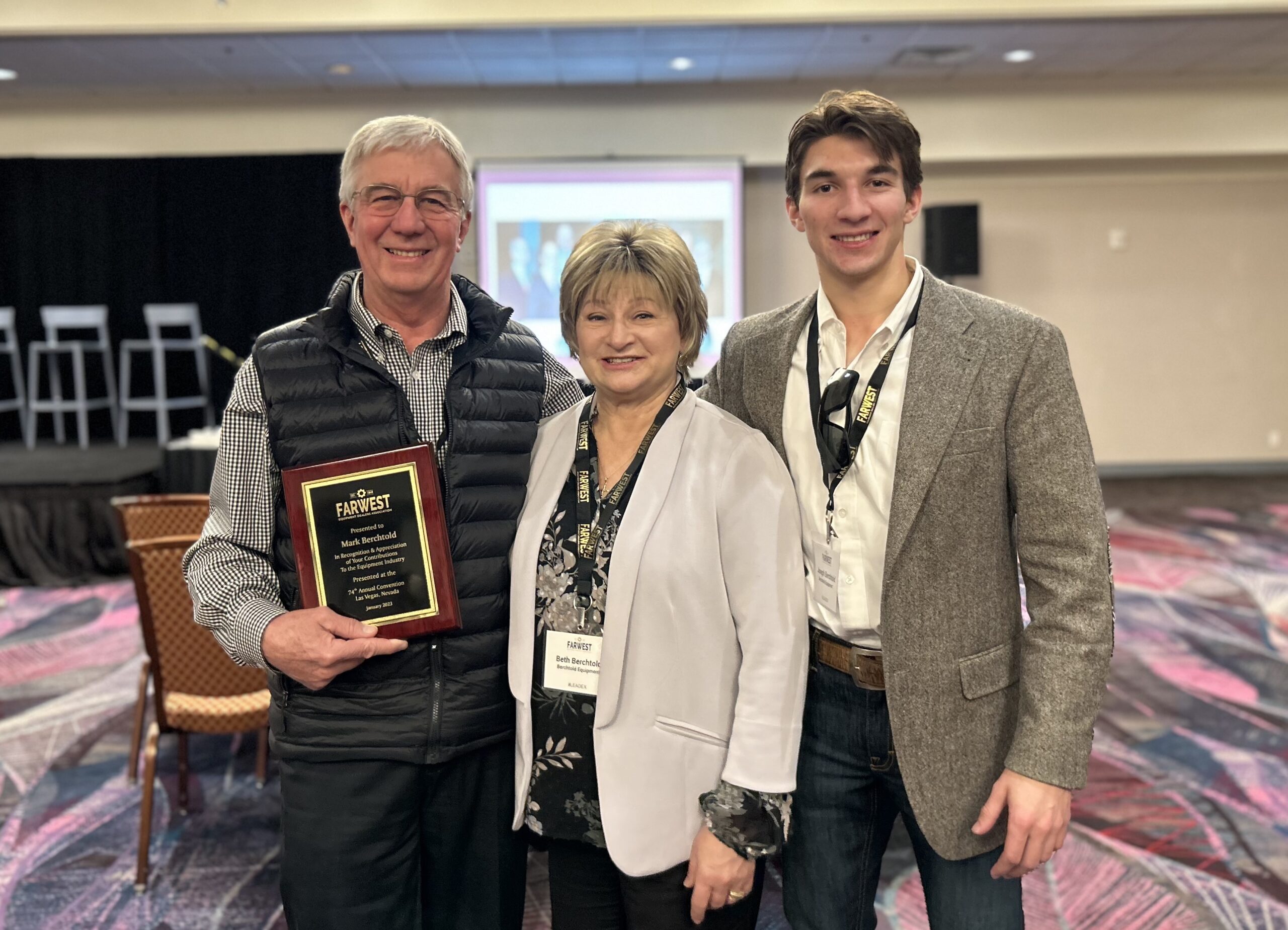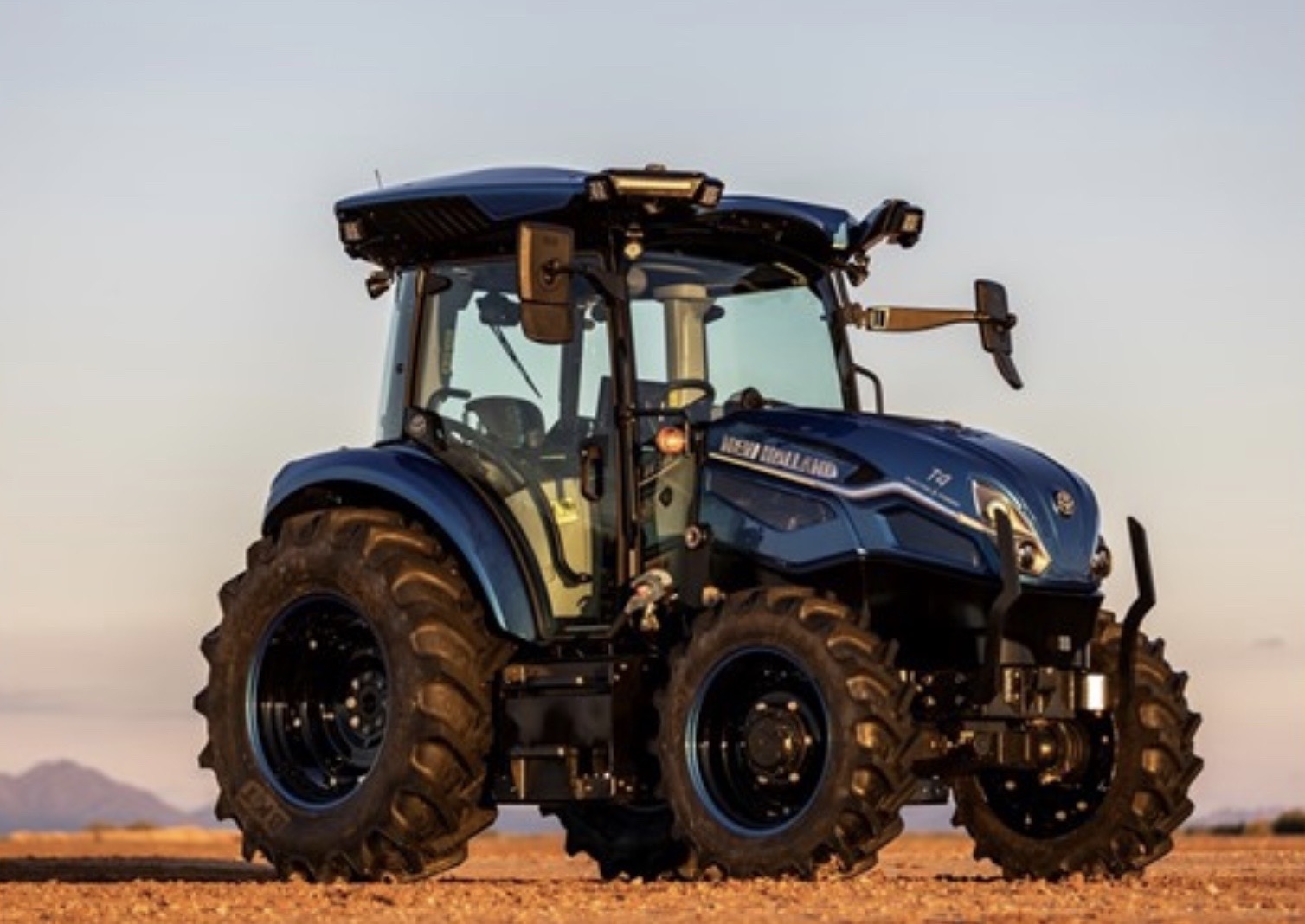The ink was barely dry on Gov. Gavin Newsom’s signature for AB 1346 — which requires all new small off-road engines (SORE) sold in the state to be “zero-emissions” (ZE) by 2024 — when the California Air Resources Board (CARB) announced the next day that rulemaking would begin immediately.
SORE consists of off-road spark-ignition engines that produce 19 kilowatts gross power or less (25 horsepower or less), including lawn and garden, industrial, logging, airport ground support, commercial utility equipment, golf carts, and specialty vehicles, according to CARB. Outlawing sales of new SORE includes lawn mowers, leaf blowers, chainsaws, power washers, and generators (by 2028), targeting many businesses including commercial landscaping, logging, and remote/emergency power sources.
Far West Equipment Dealers Association (FWEDA) joined organizations including the Outdoor Power Equipment Institute (OPEI), the California Landscape Contractors Association (CLCA), the Tree Care Industry Association (TCIA), and the California Alliance for Golf in opposing AB 1346. FWEDA and OPEI met with legislators in July to discuss the negative impacts the bill would have on businesses across California, which did little to move the needle with the supermajority Democrat-controlled Assembly.
Author Asm. Marc Berman, D-24, reasoned during an April 28 Natural Resources Committee (NRC) hearing introducing the bill that since residential outdoor power equipment has transitioned to battery-operated, new commercial equipment could easily adapt. He said the bill included incentives to make the change.
Asm. Devin Matthis questioned how rural areas with limited infrastructure and financial resources could sustain a ban on new sales of gas-powered outdoor equipment, and he emphasized that the short life cycle of ZE equipment coupled with the volume of batteries required to operate it would dramatically increase the waste stream.
NRC Chair Luz Rivas, D-39, admitted the bill would harm her constituents’ businesses: “I have a lot of landscapers and gardeners that live in my district that use lawn equipment and you know, potentially could not afford this new technology.” Despite this, and observing that existing incentives were already “oversubscribed,” Rivas voted to support the legislation.
In a letter to CARB, the CLCA disputes Berman, pointing out comparable new commercial-grade zero-emission, zero-turn riding mowers range in price between $15,500 to more than $37K, “in most cases, this is more than double the upfront cost of comparable gas-powered equipment.” This does not include the cost of purchasing and installing the charging infrastructure.
“Commercial grade handheld products have similar cost concerns,” the letter continues. CLCA said a popular model ZE string trimmer similar in cost to the manufacturer’s gas-powered unit does not include the up-front cost of extra batteries and chargers to use the trimmer for an entire day, driving expenses to exceed $1,000. “Once the cost of gas vs. electricity is factored in, even for those who can afford the initial increased cost, these costs are currently not recoverable over the life of most commercial-grade equipment.”
The Drive cites estimates provided to the Los Angeles Times by Andrew Bray, vice president of government relations for the National Association of Landscape Professionals, showing the $30 million Berman pledged to help commercial businesses switch to ZE equivalents would barely make a dent. It would provide just $600 to each of the estimated 50,000 businesses in the state, Bray said.
Currently, there is no comprehensive strategy to add millions of units of SORE, large off-road equipment, personal combustion-engine vehicles and gas-powered fleets to California’s power grid starting in the next two to three as CARB and this bill will do. The findings of California power outages last year emphasize the lack and absence of power generation, infrastructure, and storage to sustain what is already in use.
The report illustrates the push for exclusively electric power generation is infeasible without sufficient energy resources into the grids that will sustain any meaningful support of the expected demand. CARB and the state argue there will be incentives like the FARMER program, however, funding for these incentives is chronically uncertain.
AB 1346 duplicates CARB’s proposed SORE regulations, which sets SORE products to “zero emissions” by Model Year (MY) 2024. While the regulations would allow manufacturers to obtain emission credits to continue producing gas-powered equipment past MY 2024, there are limited opportunities to gain the credits needed to keep producing. The ban creates a financial burden for manufacturers who would necessarily share the cost with dealers and customers.
It’s unclear what emissions reductions have been realized with air quality initiatives over the past 20 years. OPEI is critical of CARB’s emissions reporting methods, saying the state could “develop a data-supported and reasonable regulatory reduction strategy to achieve California’s model year 2031 SORE State Implementation Plan (SIP) goals without banning SORE.”
“Despite significant industry-led outreach, CARB’s final SORE2020 model largely ignores industry concerns and as a result fails to reasonably represent SORE sector emissions. Until these issues are addressed, AB-1346 and CARB’s potential rules will continue to be arbitrary, and a violation of the federal Clean Air Act which California relies on to adopt unique emissions regulations,” Greg Knott, Vice President, Standards & Regulatory Affairs Outdoor Power Equipment Institute, said in a letter to lawmakers.


